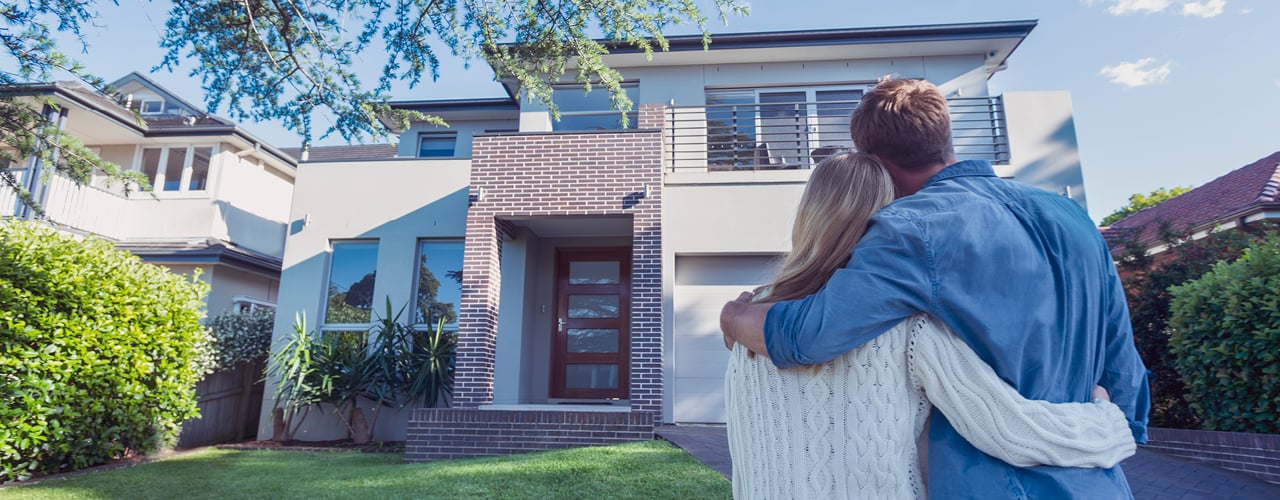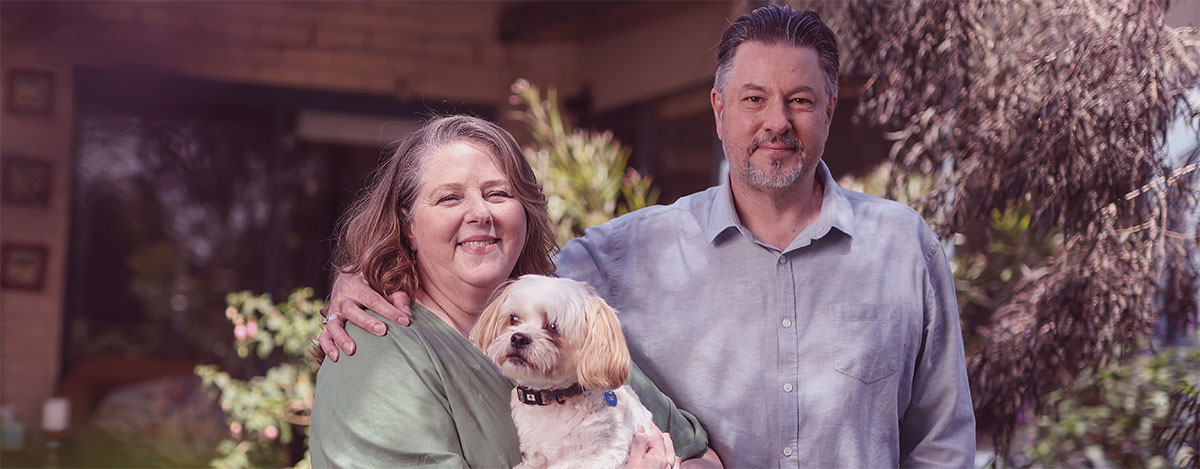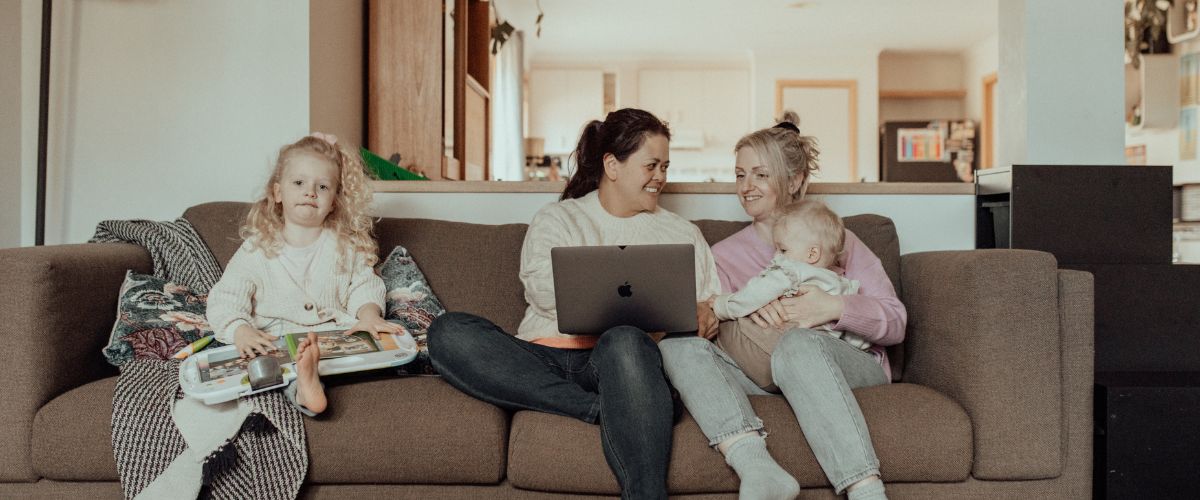In Australia, some properties are sold at a public auction. At a property auction, prospective buyers can bid what they want to pay for the property, and the highest bidder wins. Buying at auction differs from buying during a private negotiation, so it’s important to be informed and prepared before you bid or buy. Here’s what you need to know about buying a property at auction, and how to make sure you’re auction-ready.
Understanding auctions
An auction is run by an auctioneer who will take bids from buyers in the crowd. When there are no more bids, the highest bidder generally wins the auction. However, the property being sold will usually have a ‘reserve’ price, which is the minimum price the vendor is happy to sell the property for. If the highest bid is below the vendor’s reserve, the auction is terminated, and the highest bidder at that time is granted the first opportunity to negotiate with the vendor privately.
The key difference between auction purchase and private negotiations is that sales are final. If you buy a property at auction, you cannot change your mind. You are required to go through with the purchase, or risk losing your deposit. In some private negotiations, however, you may have a cooling off period.
Pre-auction checklist
It’s important to be prepared and informed ahead of going to an auction. Here are some important things to do before you buy at auction.
-
Check auction rules in your state
Although there are rules that apply Australia-wide, the kind of auctions you’re going to get depends on the state. For example, in ACT, NSW, QLD and Tasmania, you must register prior to the auction if you want to bid at the auction. In Victoria and WA, you can turn up on the day and you are not required to register. Visit the government website for your state or territory for location-specific advice. -
Get your pre-approval sorted
Due to the rules around auction sales, it’s important to have some form of finance pre-approval in place before you bid. A pre-approval is a pre-purchase assessment from a lender that gives you an idea of your borrowing capacity and eligibility based on your deposit, income and financial situation. -
Research the market
Attending other auctions and looking at sold prices of properties similar to the one you want to buy can be valuable. Knowing what to expect and what the property is likely to sell for can give you a better chance of winning the auction. -
Inspect the property and contact carefully
Before you purchase a property at auction, make sure you’ve thoroughly inspected the property and read the contract of sale. The contract contains important information about the terms of the sale and may impact how much you’re willing to buy the property for. You may also consider getting a contract review from a solicitor. Don’t forget that you’ll need to do any inspections or checks prior to bidding. Auction sales cannot have special conditions.
-
Consider an auction strategy
Body language matters and it’s an important part of your bidding strategy. If you’re bidding confidently, other buyers may taper off their bidding. Don’t show other buyers that you’re getting close to your limit. Showing disappointment can make other bidders more motivated. Remember, you know how much you can spend and you need to accept that you may need to walk away. -
Know your absolute maximum limit
When bidding at auction, it’s critical to know the absolute maximum amount you want to pay so you can stop bidding and walk away. Overbidding can leave you owing a price that’s greater than what a bank will lend you. It can help to set an ideal price and an upper limit price in your head, so you can be focused despite any uncertainty during the auction.
What to do on auction day
The day of an auction can be overwhelming. But it can also be exciting. Make sure you’ve got any documentation you need and that you’ve made any arrangements for deposit payments, like a bank cheque or an upfront cash payment. Then, it’s time to calm your nerves and approach the auction with a level head.
Need more information? Chat to our lending team for any other questions you might have.






